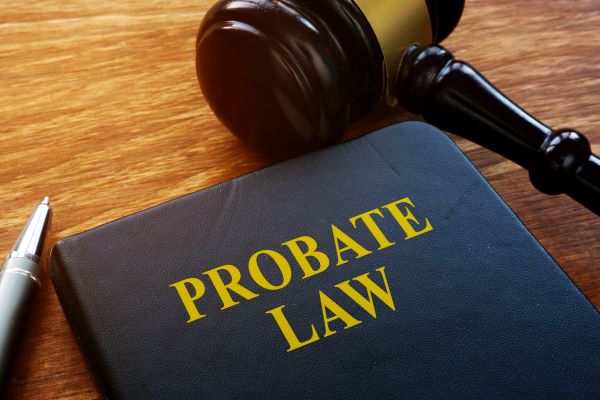
Important Life Events That Should Encourage You to Plan Your Estate
You do not currently have a featured image set for this post. To set your featured image, click on the circular Meta View button and set your image in the box on the bottom right.
Although having an estate plan is an important step as you plan for the future and protect your wealth, you should also be sure to update it periodically to account for changing circumstances in your life.
In fact, there are numerous life events that would call for you to review your estate plan and make any adjustments you may find appropriate.
Getting married
Once you get married, your entire life situation will likely change. You’ll need to ensure your estate plan accounts for your new spouse, especially if your will does not leave any assets or property to that person as it is. Your husband or wife does not need to be your only beneficiary, but your estate planning documents should be clear as to which individuals should inherit certain property.
Getting divorced
A divorce is another major life change that requires you to adjust your estate plan. You may choose to remove your former spouse from your will completely, or simply reduce the assets he or she stands to receive upon your death. This latter decision might come into play if you continue to have an amicable relationship with your ex-spouse—even though you’re no longer married.
Among the other items you may need to update are your emergency contacts, power of attorney, advanced healthcare directives, shared passwords and beneficiary designations on life insurance policies and retirement accounts.
Having a child
If you have a new baby, one important issue to address is who would assume guardianship rights if you and the other parent pass away unexpectedly. This can be a tough decision to make, and you should be sure to pick someone you trust and who is well equipped and financially secure enough to handle the responsibility.
Death of a loved one
Many people find that they outlive individuals they previously included in their estate planning process. If your estate executor or power of attorney agent dies before you do, for example, you will need to find someone else to fill the role. The same is true if the guardian you named for your minor children passes away.
Changes in income or assets
Losing your job or changing careers can have a significant impact on your income—for better or worse. Any time you experience a substantial change in your income and wealth, you should adjust your will, trust and other estate planning documents as soon as you can.
This will prevent future disputes, especially if the assets in your estate increase or decrease over time. Your estate plan should always reflect your current financial situation.
If you are unclear about the need to make changes to your will or trust, or if you would like assistance in doing so, be sure to meet with a skilled Ohio estate planning attorney at Seif & McNamee. We’ll review your plan, listen to your concerns and offer sound advice on your best steps moving forward. Visit us at our offices in Waverly or Chillicothe.



